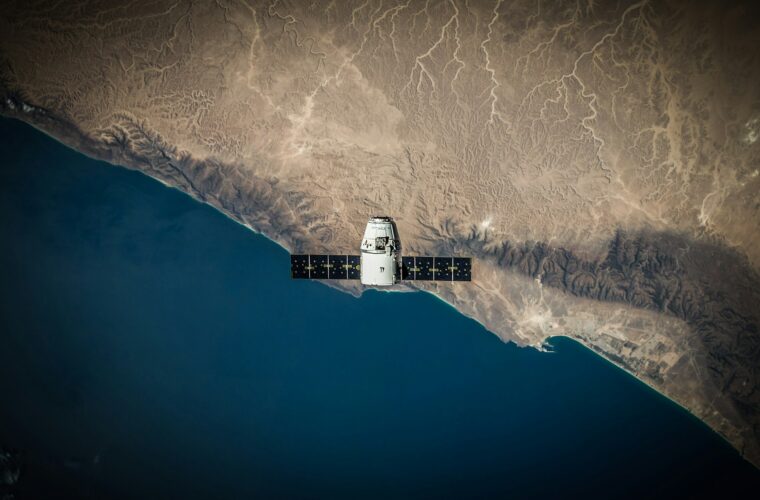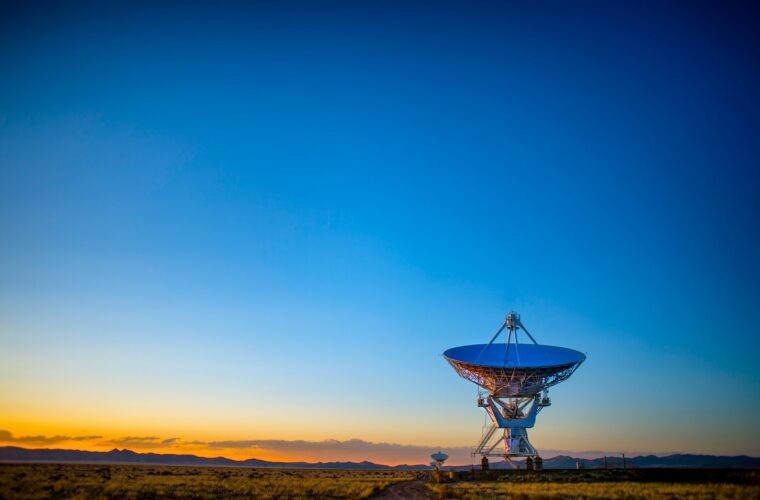EnduroSat, a pioneering spacecraft design and engineering company, has announced a significant milestone in its ambitious Balkan Constellation project. The integration of the Balkan-1 satellite, which marks the pilot mission for the constellation, has been successfully completed. Slated for deployment in November, this achievement brings the company one step closer to its goal of making space data more accessible and usable for industries across Europe and beyond.
A glimpse into Balkan-1
Balkan-1 is no ordinary satellite. It is a 16U NanoSat equipped with a cutting-edge multispectral camera capable of onboard deep neural network processing. This advanced technology allows the satellite to perform sophisticated imagery analytics in orbit, paving the way for new use cases in various sectors. Whether it’s maritime surveillance, humanitarian aid, ecological monitoring, or environmental data collection, Balkan-1 promises to transform the way we access and utilize space-based information. Integrating Balkan-1 into the ExoPod Nova deployer was a critical step toward its upcoming launch. Once in orbit, the satellite will provide real-time, cloud-based monitoring services and AI-powered detection capabilities, making data collection faster and more efficient. For EnduroSat, this mission isn’t just about launching a satellite—it’s about opening new doors for data accessibility on a global scale.
The Balkan Constellation: a vision for the future
EnduroSat’s Balkan Constellation project will eventually comprise 120 NanoSats, all working together to provide unprecedented revisit times and coverage over the Balkan region and the European Union. This network of satellites is designed to offer an unparalleled space-based monitoring service that operates in real time. The constellation’s AI-driven capabilities will enable advanced detection systems, offering detailed and timely insights into maritime activities, humanitarian needs, and environmental changes. From aiding in disaster response to providing ecological support, the data generated by these satellites will serve a wide range of sectors, fostering innovation and providing critical information to help address some of today’s most pressing challenges.
Why Balkan-1 matters
At its core, the Balkan Constellation, and Balkan-1 specifically, represent a critical evolution in how we interact with space data. Accessing such data has traditionally been complex, expensive, and limited to specific industries. EnduroSat’s vision is to democratize access to this valuable information, making it available to businesses, governments, and non-profits that can benefit from space-based insights but may not have had the resources to leverage them in the past. Balkan-1, with its high-tech camera and neural processing capabilities, exemplifies this mission. The satellite is capable of processing vast amounts of data in real time, cutting down the lag between data collection and actionable insights. Whether monitoring environmental changes, tracking ships across international waters, or assessing damage after a natural disaster, the Balkan Constellation’s data services are poised to impact industries that rely on timely, accurate information significantly.
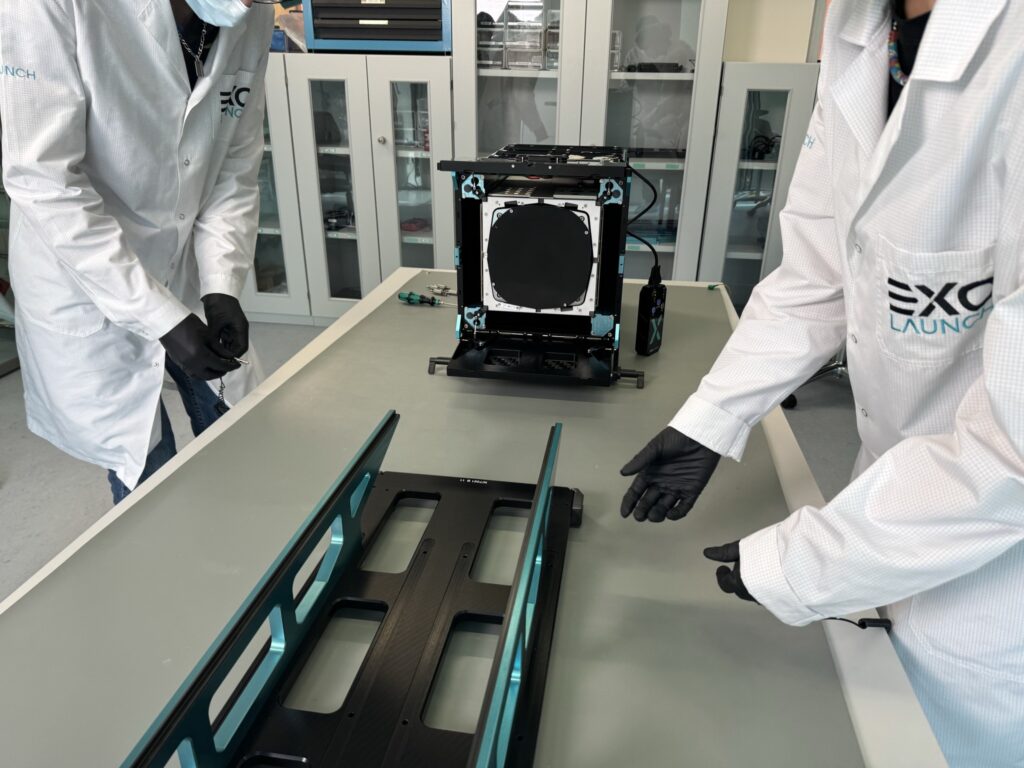
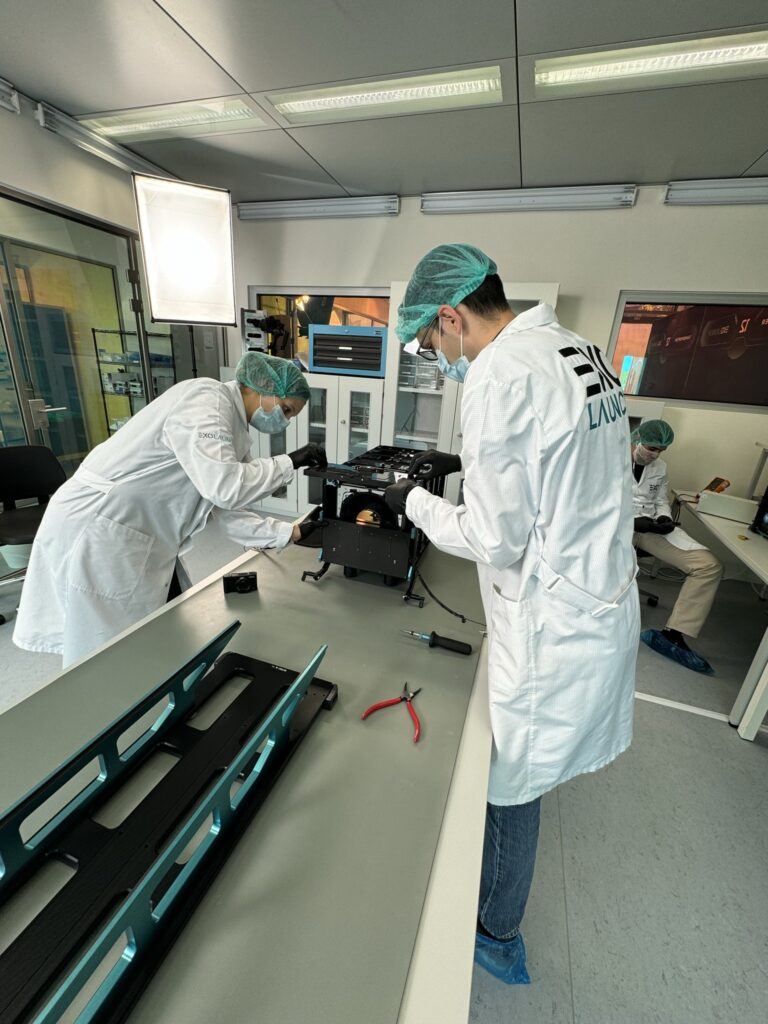
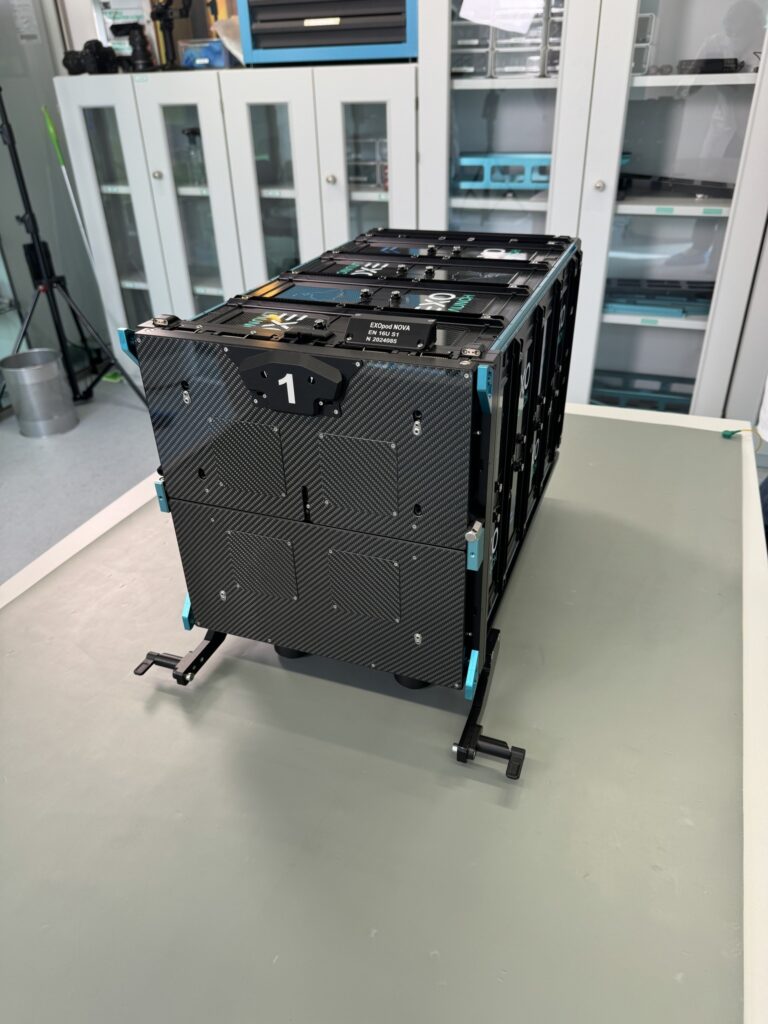
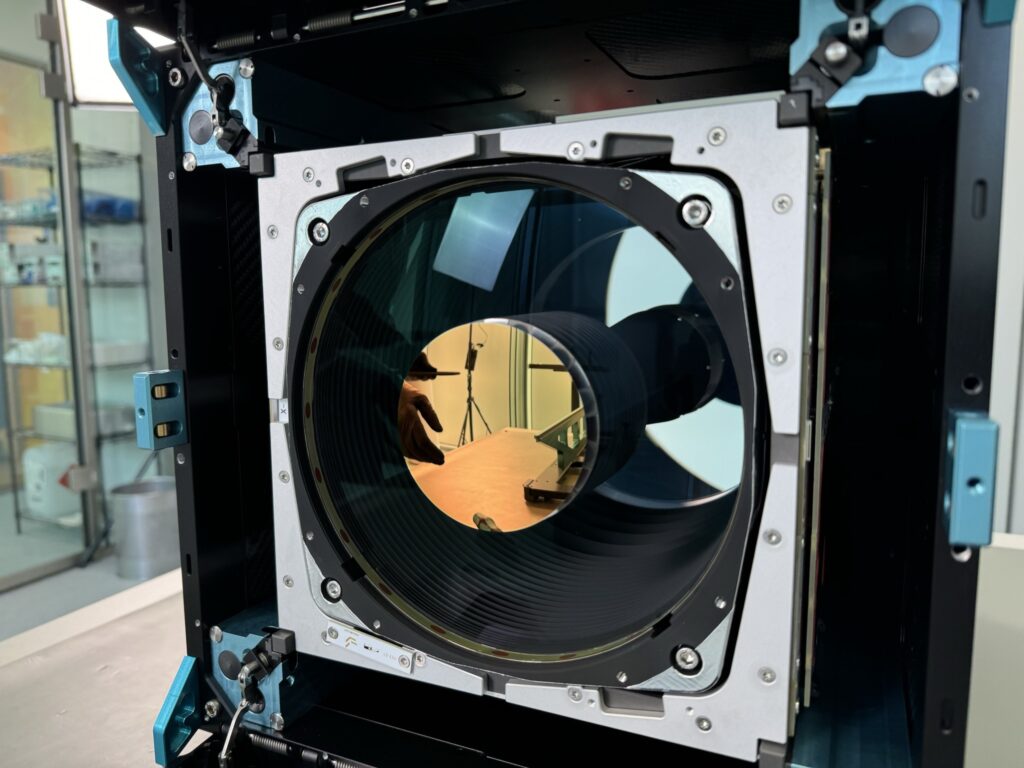
EnduroSat’s broader mission
Founded to simplify the satellite industry’s complexities, EnduroSat has quickly become a leader in providing streamlined data services. The company’s mission extends beyond just building satellites—it aims to offer a complete, user-friendly solution for space data access. Through initiatives like the Balkan Constellation, EnduroSat is working to enable real-time transactions and access to information from hundreds of sensors in orbit, transforming how industries work with space data. As space continues to emerge as a critical frontier for technological development, companies like EnduroSat are playing a pivotal role in ensuring its benefits are widely available.
The integration of Balkan-1 marks a significant step in this journey, but for EnduroSat, it is just the beginning. Arthur C. Clarke once famously said, “Any sufficiently advanced technology is indistinguishable from magic.” For EnduroSat, this quote encapsulates its approach to space exploration. The company believes that its innovations—like the Balkan Constellation—are creating a bit of that magic, bringing space closer to everyday life and empowering industries to leverage its vast opportunities.
Looking ahead: November and beyond
The Balkan-1 satellite will launch into orbit in early November, marking the first tangible step toward realizing the full potential of the Balkan Constellation. Once operational, it will begin delivering high-resolution, real-time data that will be accessible through EnduroSat’s cloud-based platform. With the Balkan Constellation’s eventual expansion to 120 NanoSats, the breadth and depth of data services available will only increase, promising more timely, accurate insights for various industries. As the space industry evolves, EnduroSat’s vision of universal data accessibility is becoming increasingly relevant.
The company’s commitment to making space data more available, useful, and actionable is transforming the satellite industry and setting the stage for a future where space data plays a vital role in solving some of Earth’s most complex challenges. Whether aiding in humanitarian efforts, improving ecological monitoring, or enhancing maritime security, the Balkan Constellation and its flagship Balkan-1 mission are set to make a lasting impact. EnduroSat’s Balkan-1 is more than just a satellite launch—it’s the beginning of a new era in space data accessibility. By integrating cutting-edge technology and AI-driven capabilities, Balkan-1 and the entire Balkan Constellation aim to revolutionize how we access and use data from space. As November approaches, the space industry—and the many sectors it touches—will be watching closely to see how this bold vision unfolds.

